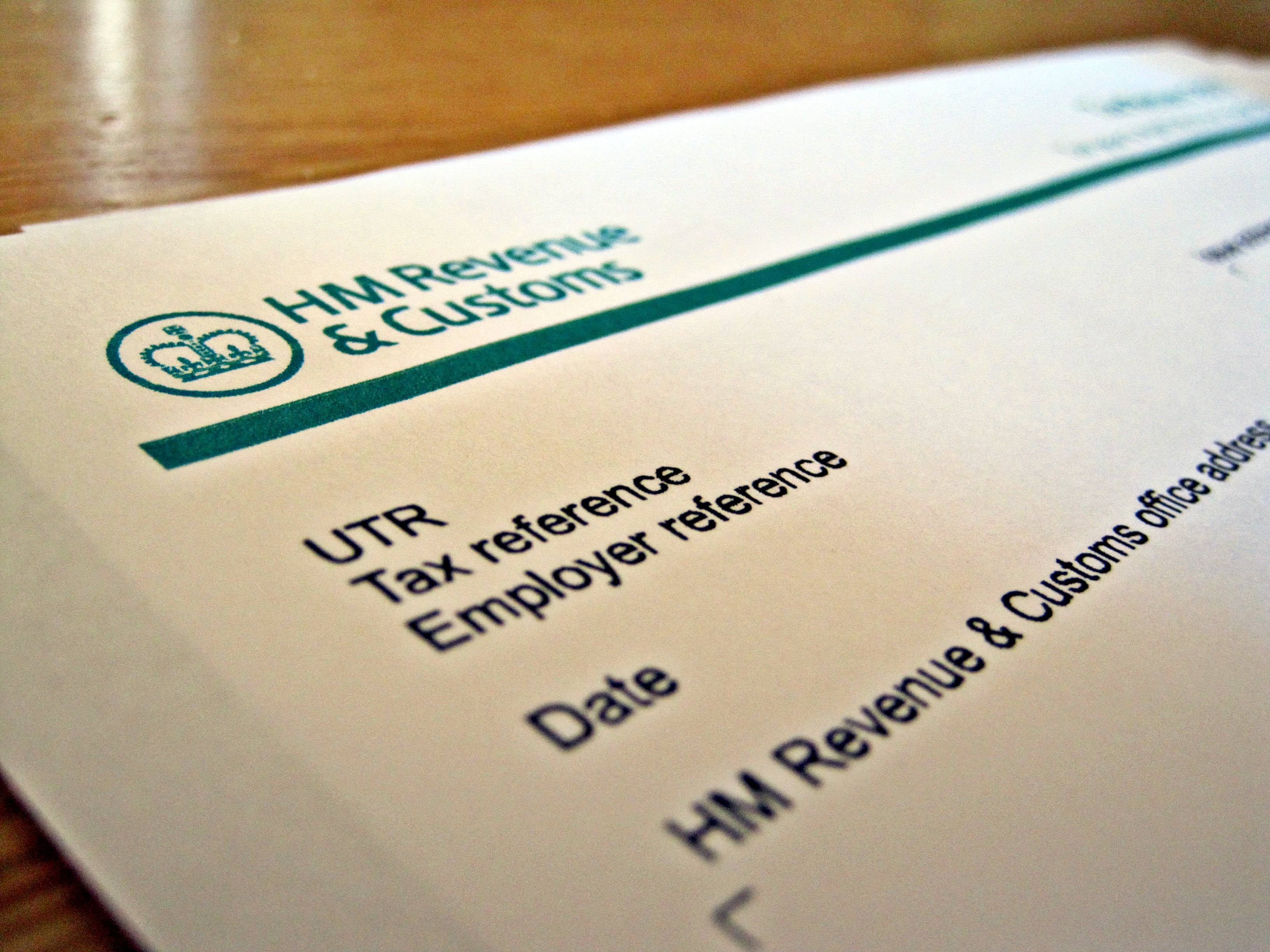Accountants Predict Cost of Making Tax Digital to Businesses
Updated 7th July 2022 | 3 min read Published 2nd March 2017

The research found that more than 80% of accountants estimated the cost to a small business to implement Making Tax Digital will be more than £200. Nearly half put the figure between £200 to £500, 27% predict somewhere between £500 and £1,000, and 9% go higher than £1,000 with their estimates.
More startlingly, HMRC’s own figure of the true cost of MTD ranges from £280 up to nearly £3,000 per business.
What Are The Government Saying?
The cost of MTD is a hot topic at the moment, as HMRC only released their response to the recent consultation at the end of January. Except for a small amount of exceptions, all businesses in the UK will eventually be required to hold accounting records digitally and submit updates to HMRC on a quarterly basis.
Andrew Tyrie MP, Chairman of the Select Committee, has since called on the Treasury and Federation for Small Business for clarity on the costs of MTD.
He said “the compliance cost estimates are so far apart that at least one of them must be wrong. I have written to both the Treasury and the Federation of Small Businesses to ask for detailed supporting methodology for their estimates.
“If the FSB are right, the effects of Making Tax Digital would be crippling for many small businesses. If the government are right, businesses have something to gain in the longer term and one would expect them to be queuing up to join the pilot.”
The Key Decisions On Making Tax Digital
Director of Product Management at IRIS, Steve Cox, published a list of key decisions for businesses on MTD late in January:
- Businesses will be able to continue to use spreadsheets for record-keeping, but they must ensure that their spreadsheet meets the necessary requirements of Making Tax Digital for Business - this is likely to involve combining the spreadsheet with software
- Businesses eligible to use ‘three line accounts’ will be able to submit a quarterly update with only three lines of data (income, expenses and profit)
- Free software will be available to businesses with the most straightforward affairs
- The requirement to keep digital records does not mean that businesses have to make and store invoices and receipts digitally
- Activity at the end of the year must be concluded and sent either by 10 months after the last day of the period of account or 31 January, whichever is sooner
- Charities (but not their trading subsidiaries) will not need to keep digital records
- For partnerships with a turnover above £10 million, Making Tax Digital for Business is deferred until 2020
Keeping Up-to-Date with Making Tax Digital
Visit our dedicated MTD insight page to learn more about the changes and how it affects you, as well as handy links to the IRIS MTD Hub and KashFlow. We’ll regularly update this page as new information is released, meaning you’ll never be behind when it comes to Making Tax Digital.





